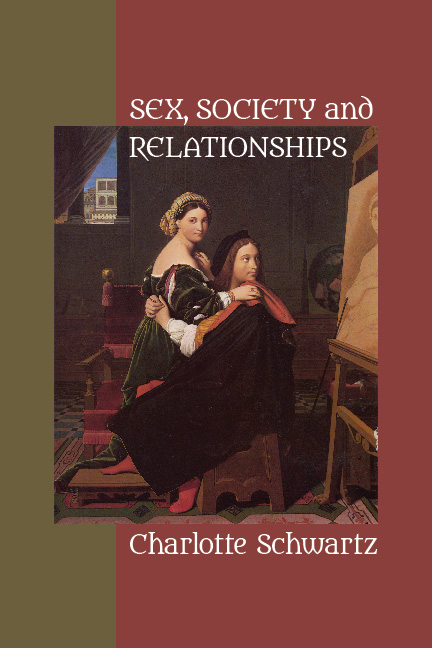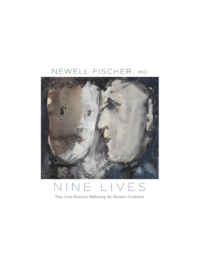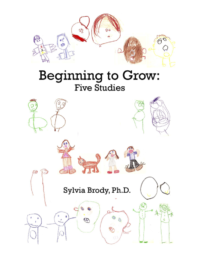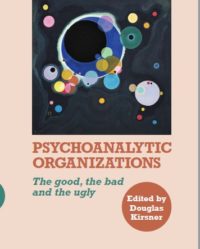Sex, Society and Relationships: Yesterday, Today and Tomorrow by Charlotte Schwartz
$24.95
From the Introduction:
“ Those who don’t remember the past are doomed to repeat it.” (Santayana)
The history of love relationships is the most pained—oft repeated—and the least understood. Great novels, Biblical tales, myths, Greek tragedies, and modern Soap Operas remind us of passionate love, lost loves, and love betrayed. In reality, we are forever challenged to suffer the tragedies of love. Desire by nature is fickle and has no morality; we all encounter its power and elusiveness. Victims and victors alike—few escape!
Adultery, infidelity, betrayal—all words that connote a moral and condemnatory meaning—present a difficulty for our discourse, as the preference is to understand not to criticize. Since we are creatures of our culture and have a proscribed vocabulary for these acts, I shall use the terms as they are descriptively valid, and also provide clues to the underlying emotions of people.
The divorce rate in the United States is more than 50 percent and one-third of children live in a single-parent family. The question as to what extent divorce is a result of extramarital affairs is pertinent. That divorce presents difficulties for the individual and society is clearly evident; divorced women have more difficulty than men, and children are reported to fare better in a two-parent family. There has been an increase in divorce after 30 years of marriage. Is there some correlation with infidelity? Couples who live together outside the bounds of marriage have redefined the rules of marriage; if they stray, can we include these arrangements under the rubric of adultery?
To make an inquiry as to what in the act of infidelity causes unhappiness would seem self- evident, but in reality the answers are more complex. A multitude of emotions arise: jealousy, rivalry, competition, rage, and surprisingly, for some a secret pleasure—a voyeuristic delight. The sources from which these emotions derive depend upon a host of characterological factors. The range of psychological conditions is extensive: narcissism, that core of the self that is vulnerable to hurt; jealousy, the need to be the only love object; feelings of insecurity due to a lack of self-worth; fear of abandonment—all have a claim on the emotions. One may also struggle with feelings of subjugation by the lover, and humiliation and shame in face of the community.
In stock




